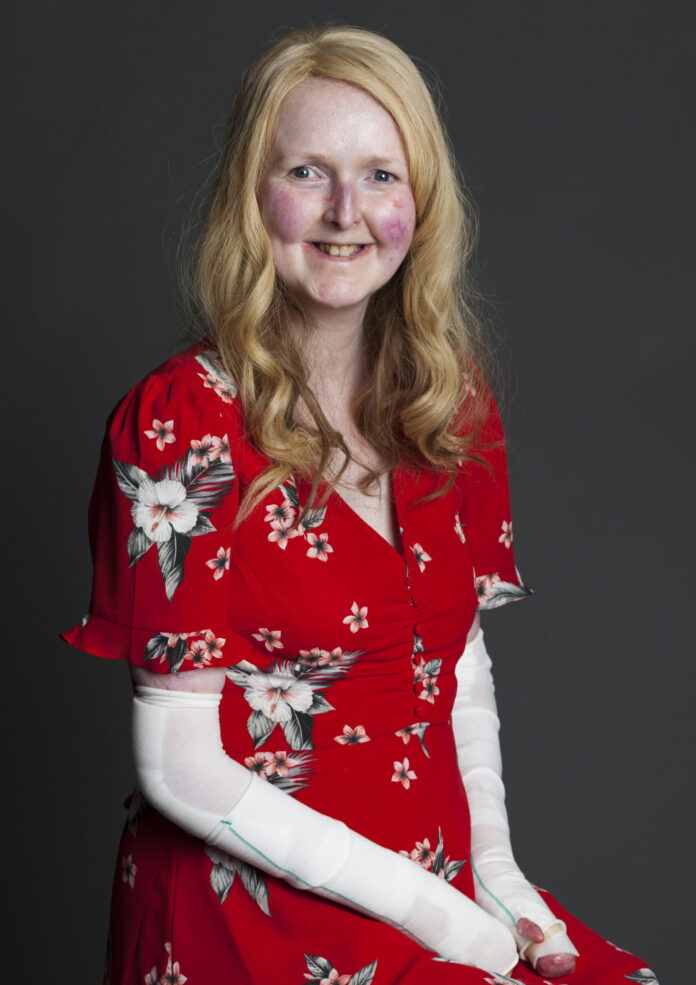The cost of caring for people with a devastating skin condition in Ireland exceeds €130,000 a year per patient, new University of Limerick research has revealed.
And Ireland does not even supply bandages to people coping with the condition which causes their skin to split at the slightest touch.
Extremely painful epidermolysis bullosa (EB), suffered by around 300 people nationwide, has an estimated cost to families and society of €130,021.
Previous research estimated an overall cost of €67,976 per person in the UK, €46,116 in Germany, and €49,233 in Italy.
The huge outlay includes a wide range of expenses such as wound management, GP visits, hospitalisation, and early retirement.
The UL study also shows Ireland is lagging behind other countries by failing to provide a funded bandage scheme for those battling the rare illness.
The study coincides with EB Awareness Week and comes after no additional funding was allocated in Budget 2024 for EB patients for the second consecutive year.
“We have been cast aside again; my daughter matters, her life matters, people with EB matter, they exist and we’re not going away,” said Liz Collins, whose 19-year-old daughter Claudia’s body is 80 per cent covered in open wounds.
EB is caused by the absence of essential proteins which bind skin layers together, causing breaking and excruciating blistering.
The ‘Life with EB in Ireland’ report has prompted calls from the charity supporting families for the Government to introduce a €400,000 bandage scheme similar to that in Spain or Australia – where a monthly supply of dressings is delivered directly to a person’s home.
“Of the multitude of obstacles facing people with EB, access to specialised bandages is a significant issue,” said Joanna Joyce, head of advocacy with Debra, which commissioned the research.
“They can cost thousands of euro each month and this disproportionately affects those without medical cards.”
One of the authors of the report, Dr Darragh Flannery of the Department of Economics at UL’s Kemmy Business School, said the research draws attention to the high psychological burden placed on those with EB and their carers.
“It also provides a useful comparison of what has been achieved in other countries,” he said.
The quality of life for those with the illness, the report found, is “profoundly negative” and many adults face challenges around employment prospects, relationships, the pursuit of education, and home life.
The study compared the experience of people with EB in five countries (Ireland, UK, Spain, Australia, and Austria) and was launched on October 24 at a political briefing in Leinster House hosted by TDs Chris Andrews and Pauline Tully.
Debra wants funding for an adult clinical psychologist post (€80,000/annum) in St James’s Hospital in Dublin.
Debra says a ring-fenced fund of €580,000 a year must be provided to ensure flexible care packages.











